US financial giants have been pulling out of the Net Zero Banking Alliance (NZBA) ahead of Donald Trump’s inauguration, a headwind for the goal of achieving net zero emissions by 2050.
US banks rush to withdraw
According to ESG Today, on January 2, Morgan Stanley became the next US bank after Citi and Bank of America to withdraw from the Net Zero Banking Alliance (NZBA).
Previously, in early December, Goldman Sachs Group and Wells Fargo also left this alliance.
This was quite a surprise and made the future of NZBA less bright as leading groups, including the founding organizations, withdrew.
NZBA is an alliance established in 2021 to ensure member banks maintain consistency in lending and investing towards the goal of achieving net zero emissions by 2050 as set out in the Paris Agreement.
“Morgan Stanley has decided to withdraw from the Net Zero Banking Alliance,” a Morgan Stanley spokesperson said in a statement to ESG Today. “Morgan Stanley’s commitment to achieving net zero emissions remains unchanged.”
Morgan Stanley did not give a reason for the decision, but the announcement marks the latest in a rapid exodus of NZBA members in recent weeks, with observers suggesting the US bank may be under pressure from some Republican politicians.
Morgan Stanley joined the NZBA in April 2021 as a founding member of the alliance. The NZBA initially had 43 founding members, which have since expanded to more than 130 banks from 41 countries.
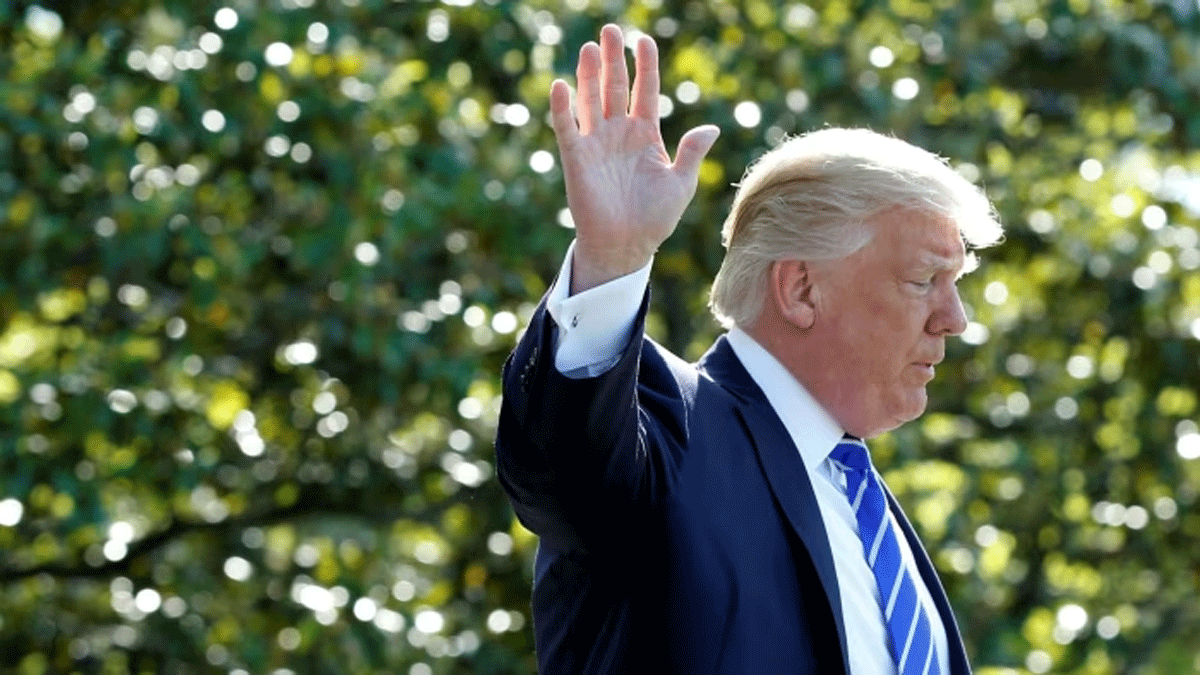
Energy policy under Donald Trump
During his election campaign, Donald Trump repeatedly vowed to impose high tariffs on goods imported into the United States, especially from China. This has caused investors to worry about rising inflation. The US Federal Reserve (Fed) will have to be cautious and not lower interest rates too quickly, thereby negatively affecting economic growth.
However, one of Mr. Trump's often mentioned policy commitments is the goal of cutting energy costs in half within a year of taking office, by accelerating oil and gas exploitation, reducing barriers to building power plants... to reduce inflation.
According to the NYT, Mr. Trump's transition team has prepared executive orders and announced the withdrawal from the Paris climate agreement, which the US president-elect considers "exploiting the US" and "disaster".
During his first term, Mr. Trump canceled many environmental commitments and made the US the first country to withdraw from the Paris climate agreement. In 2017, Mr. Trump also announced his withdrawal from this agreement and the withdrawal process was officially completed on November 4, 2020. But then, on January 20, 2021, President Joe Biden decided to rejoin the Agreement immediately after taking office.
In addition, during his second term, Mr. Trump also plans to reduce some national reserves to expand mineral exploitation activities and resume licensing for liquefied natural gas (LNG) exports to Asia and Europe.
Many US states and some major tech companies such as Apple, Microsoft and Amazon are still pursuing the goals of the Paris Agreement, despite the federal government’s decision. However, the pressure on big banks is huge if they join climate coalitions and do not finance oil and gas companies…
In November, Texas led a lawsuit by 11 Republican states against BlackRock, Vanguard, and State Street, accusing the money managers of “conspiring to artificially restrict” the coal market through anticompetitive practices, according to the NYPost.
The states allege that these corporations amassed large stakes in coal producers and then supported environmental initiatives aimed at reducing coal production to push up prices.
For US banking giants, restricting financing to fossil fuel companies could violate antitrust laws, as alleged by Donald Trump's Republican Party.
Republican-led campaigns against environmental, social and governance (ESG) goals have gained traction in the past year.
House Judiciary Committee Chairman Jim Jordan (R-Ohio) recently criticized climate coalitions like Climate Action 100+ and the Glasgow Financial Alliance for Net Zero (GFANZ), accusing them of undermining fair competition.
In a recent statement, Citi told The Post that it decided to leave the NZBA to focus its attention on the Glasgow Financial Alliance for Net Zero (GFANZ) as the group undergoes a restructuring.
Earlier this week, Bloomberg reported that GFANZ — an umbrella group for climate coalitions — is adjusting how it works with sector-specific subgroups following a wave of bank withdrawals.
Despite leaving NZBA, major US banks such as Citi, Goldman Sachs… all said they are still committed to achieving net zero emissions. Meanwhile, Wells Fargo and Bank of America have not commented on their decision to leave NZBA.
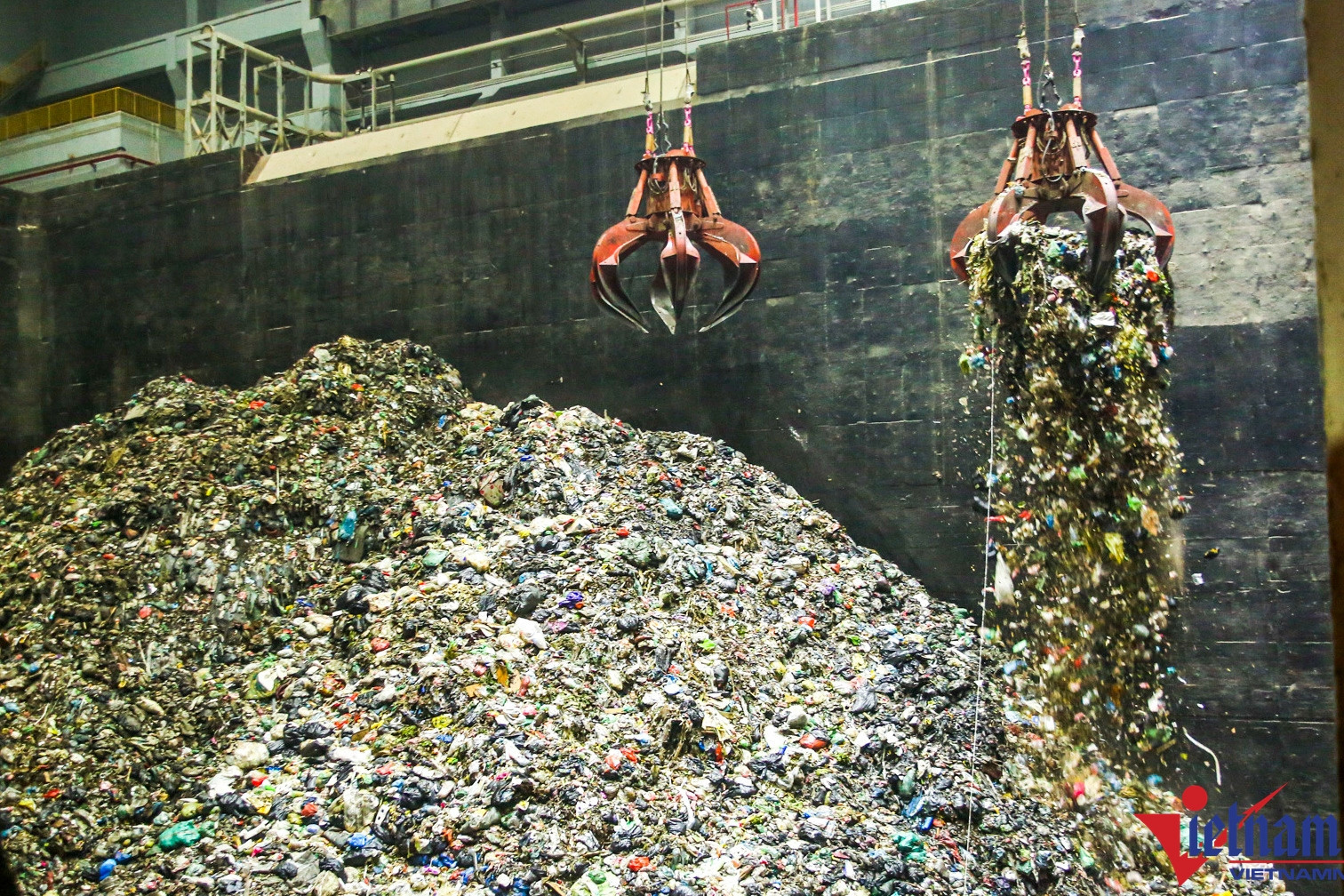
Source: https://vietnamnet.vn/ong-trump-sap-nham-chuc-loat-ong-lon-my-rut-khoi-lien-minh-net-zero-2360081.html








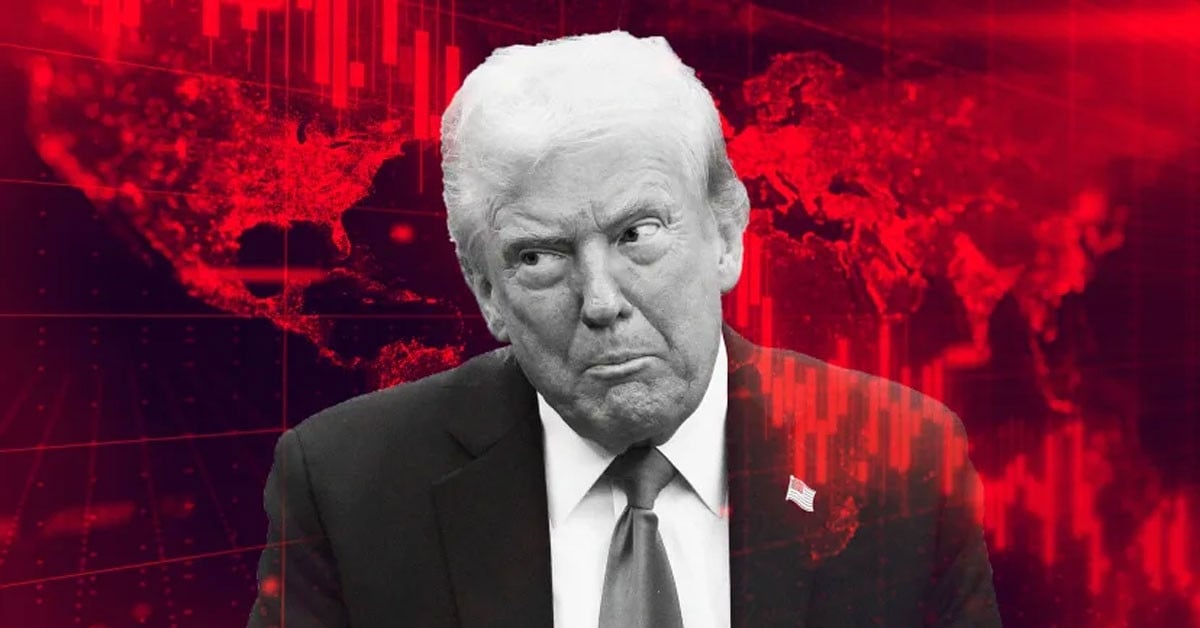
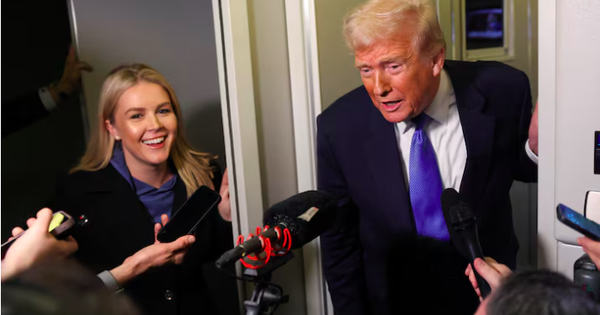

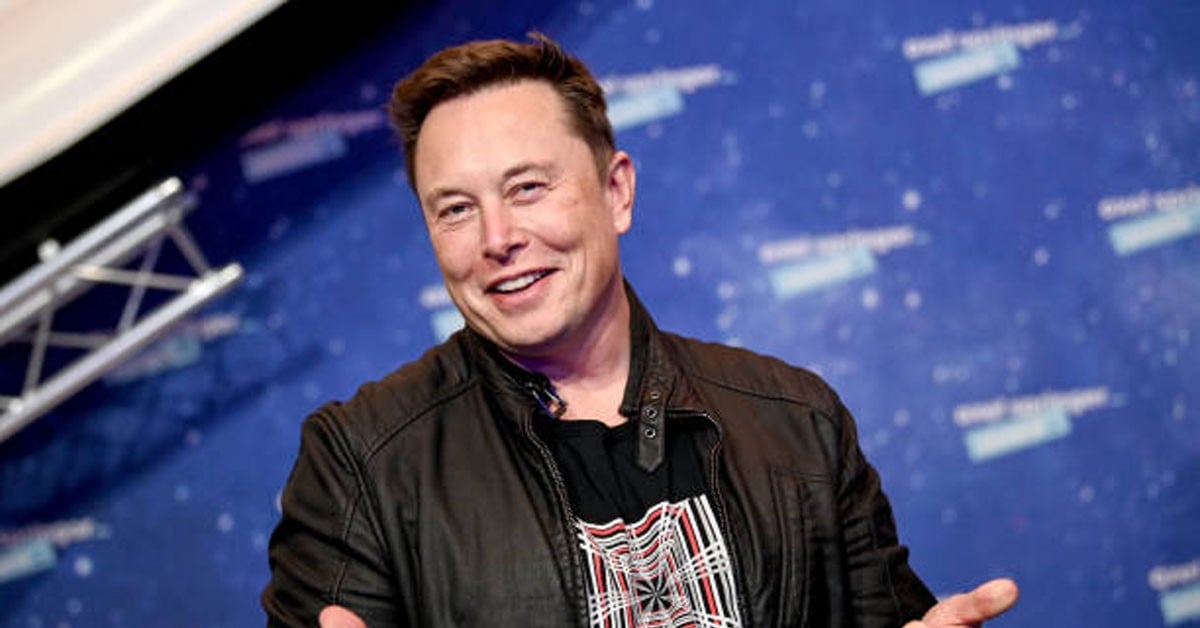


















































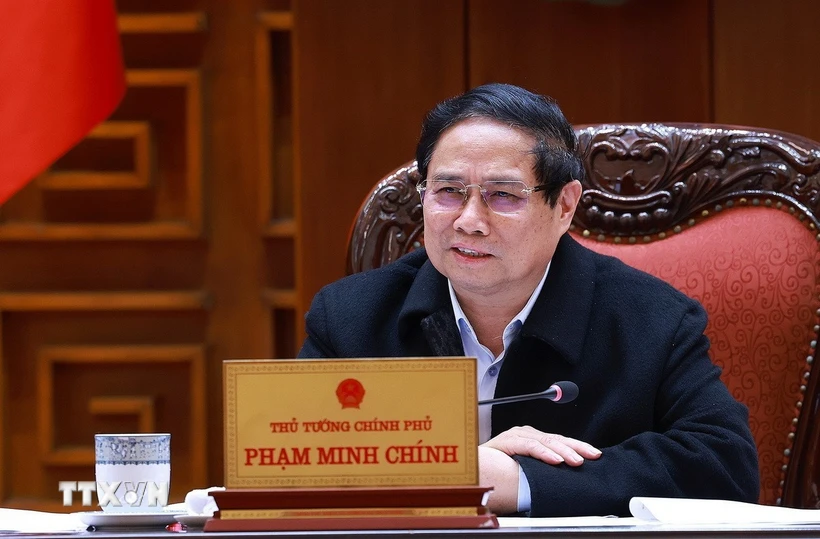











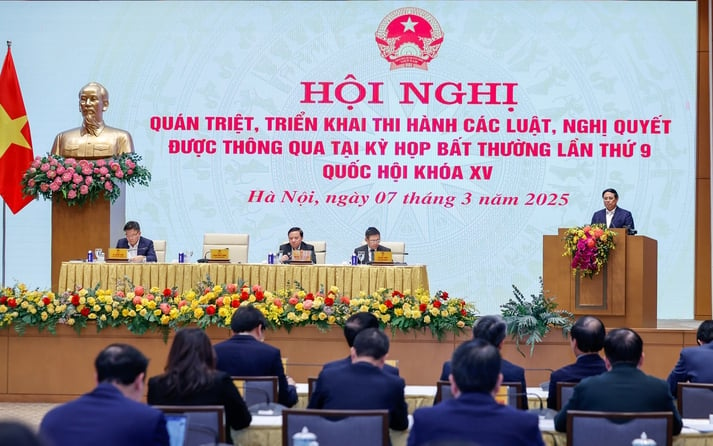















Comment (0)